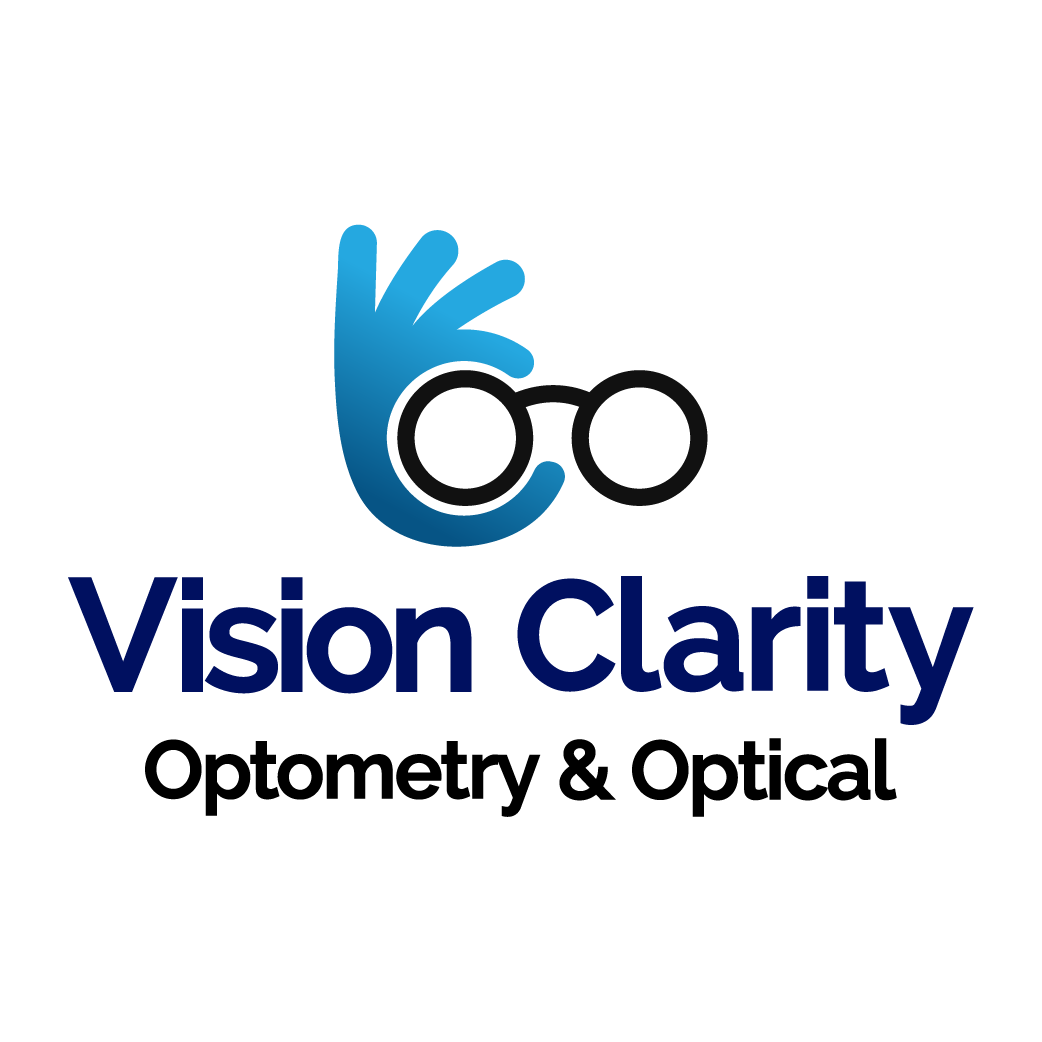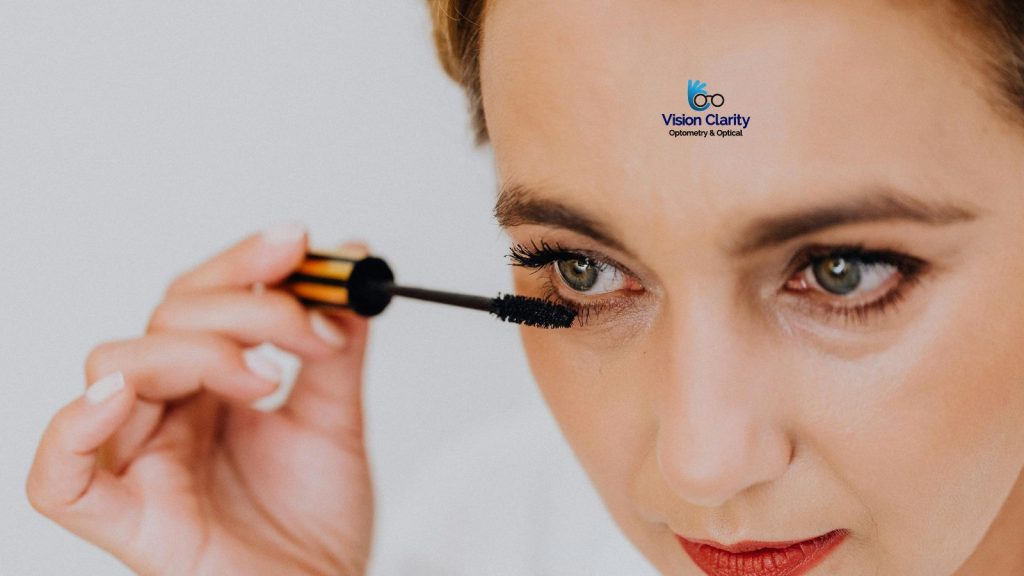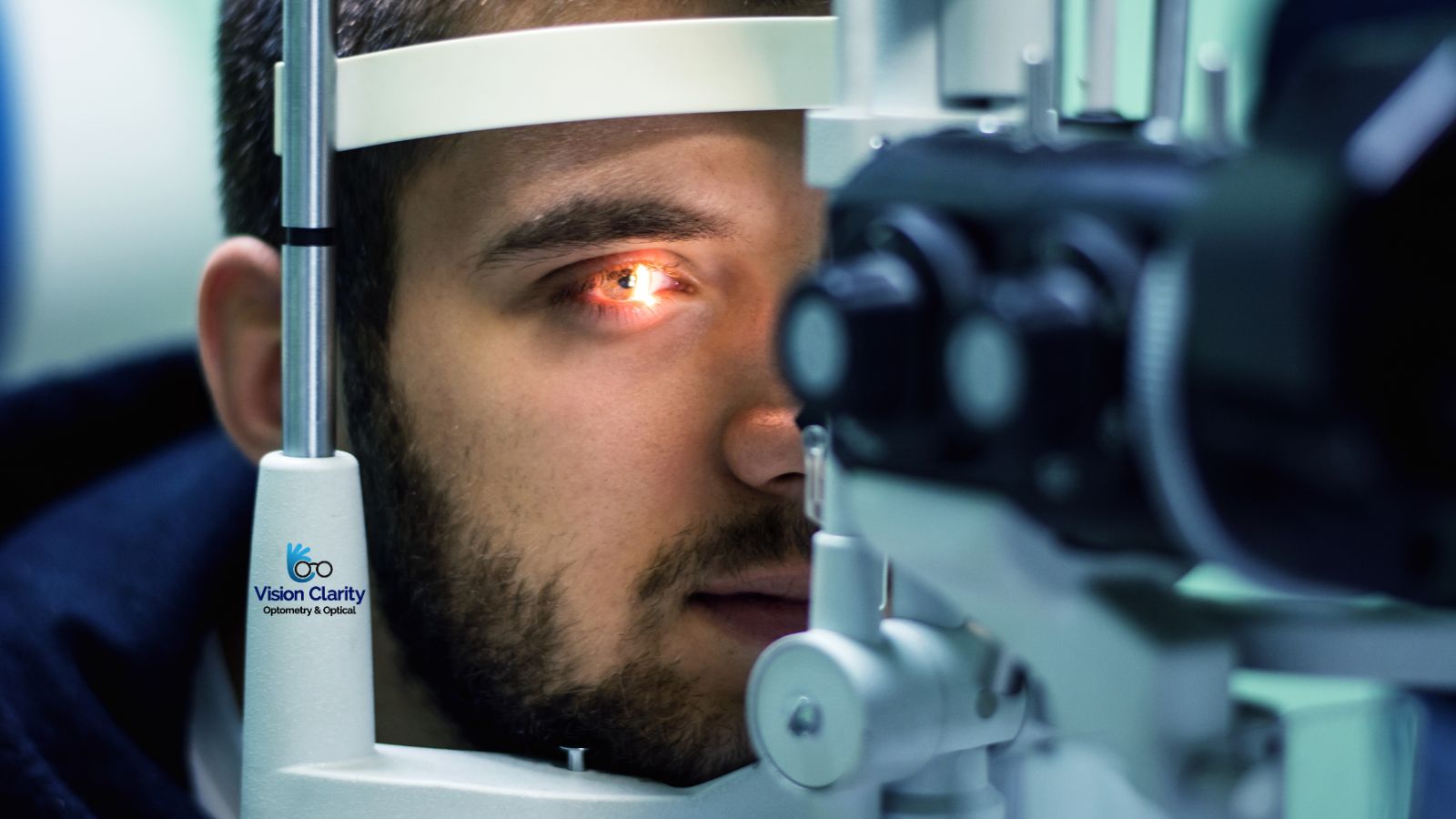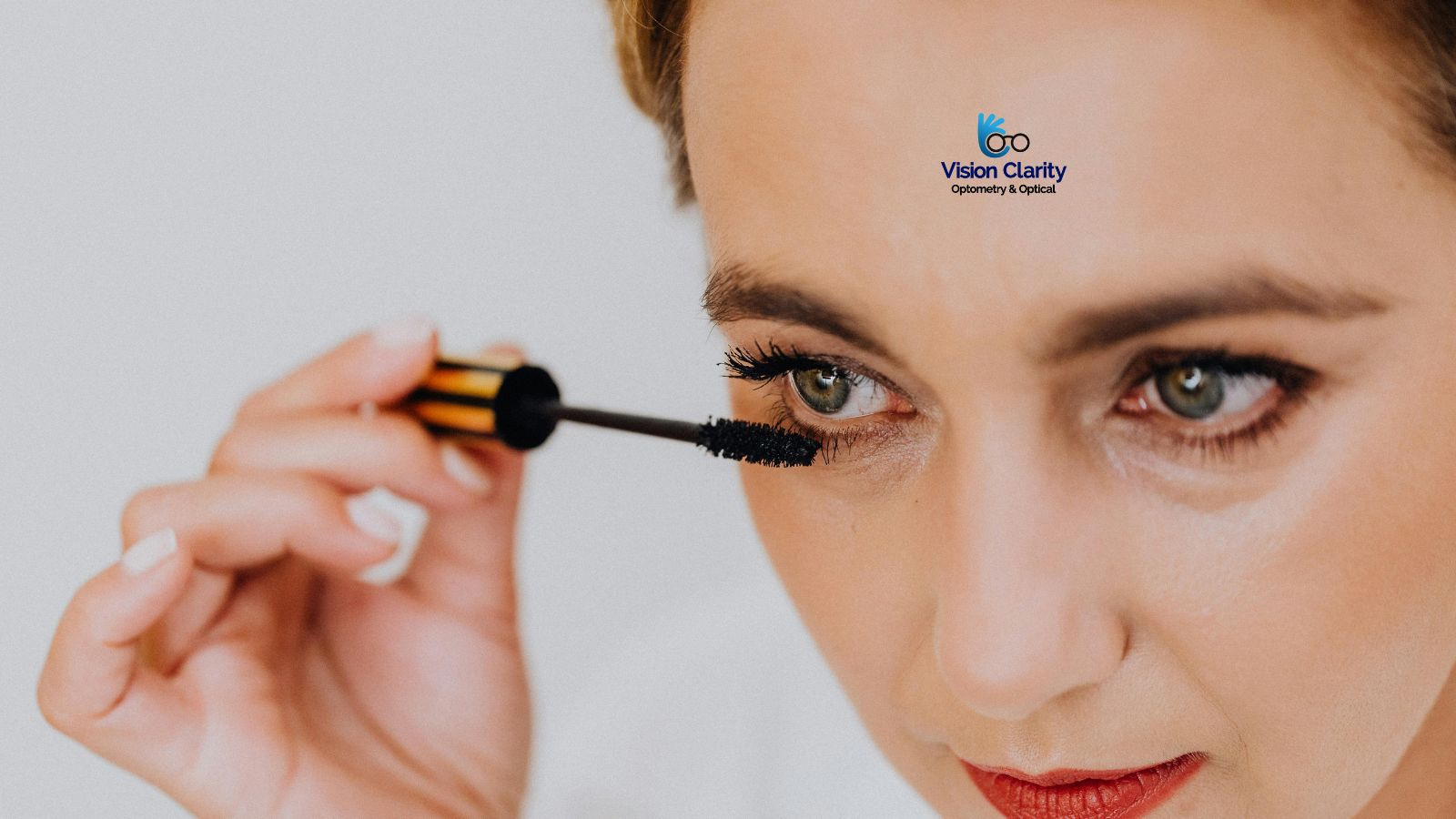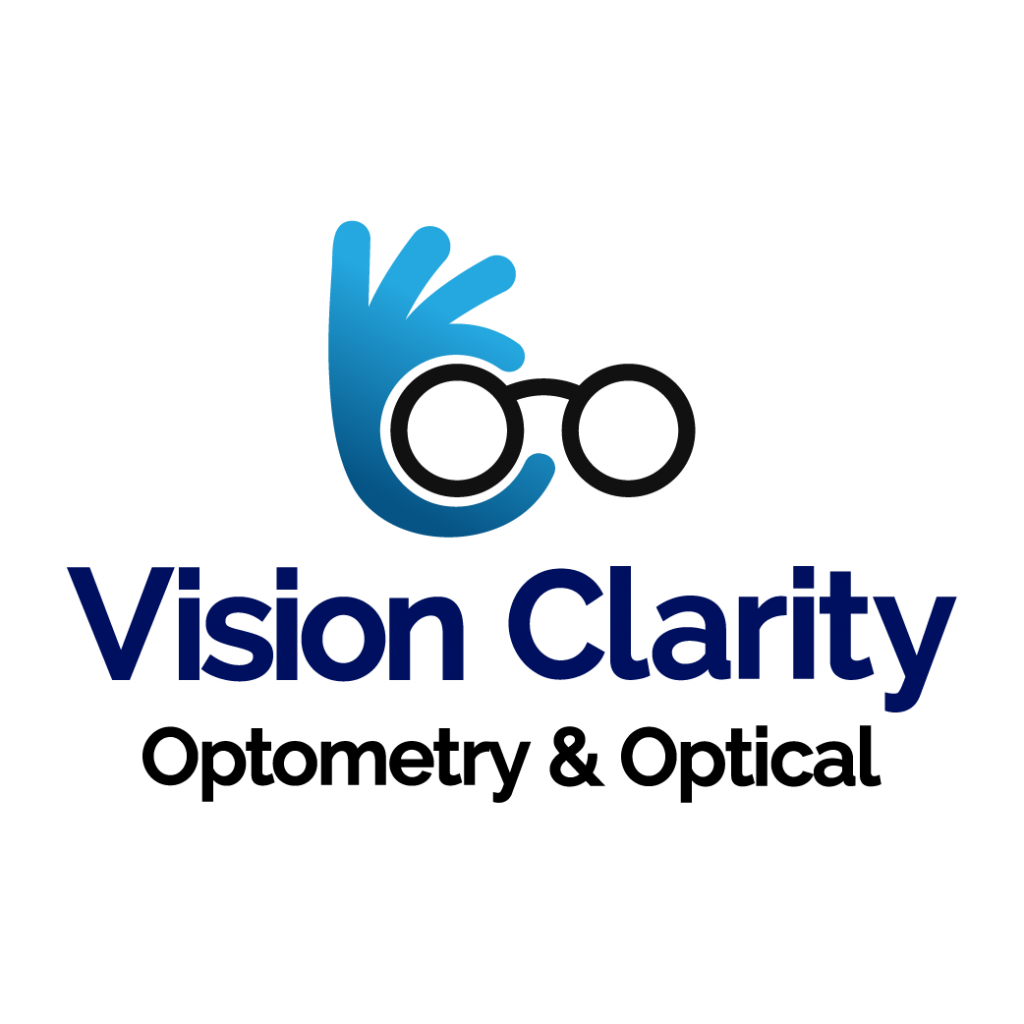Yes, you can usually wear mascara to an eye exam, but it’s best to keep your makeup light and minimal. Mascara, eyeliner, or eyeshadow can sometimes interfere with certain parts of the exam, especially if the doctor needs to check your tear ducts, examine your eyelids closely, or use eye drops that might cause your makeup to smudge.
Heavy mascara can also flake or run if your eyes water during the test, which might make it harder for the optometrist to get clear results.
If your appointment includes tests for eye pressure, dilation, or contact lens fitting, it’s a good idea to skip mascara altogether. These procedures often involve touching the area around your eyes or using drops that can make makeup messy or uncomfortable. To be safe, you can always ask the clinic beforehand whether eye makeup is okay for your specific exam.
In general, a clean, makeup-free face helps ensure the most accurate and comfortable results.
See the World in High Definition with Vision Clarity! 👁️✨
Tired of blurry vision or struggling to find the perfect eyewear solution? At Vision Clarity, we bring precision, comfort, and style together to help you see and feel your best every day. Whether you need an eye exam, contact lenses, or designer frames, our expert team is here to make your vision clearer than ever.
📞 Call us today at +1 (289) 805-0019 to book your eye exam or consultation!
Understanding Makeup and Eye Exams
Many people wear makeup every day and may not think twice about keeping their usual look for an eye exam. However, understanding how makeup interacts with eye care procedures is important for getting the best results. During an eye exam, your optometrist performs several detailed assessments to evaluate your vision and the health of your eyes. These tests often require clear visibility of the eyelids, tear ducts, cornea, and other delicate areas. When heavy makeup, especially mascara or eyeliner, is present, it can interfere with the clarity of these observations.
Makeup particles can easily flake, smudge, or mix with the natural oils around your eyes, creating obstacles for the doctor’s instruments. Some parts of the exam might involve the use of eye drops that can cause mascara to run or irritate the eyes, making the process less comfortable. Furthermore, mascara brushes and old makeup can harbor bacteria, which increases the risk of eye irritation or infection during an exam that already involves close contact with your eyes.
While light, clean makeup may not be an issue for basic vision tests, it’s generally best to keep your eye area natural and makeup-free. This ensures your optometrist can perform a full and accurate evaluation without distractions or interference. Ultimately, understanding the relationship between makeup and eye exams helps protect your vision and ensures your appointment runs smoothly. Your eyes are sensitive and deserve the best care possible, so giving them a makeup break for the day is a smart, protective choice.
How Mascara Can Affect Your Eye Test
Mascara is one of the most common eye makeup products, but it can significantly influence the outcome of an eye test. Even waterproof mascara can flake over time, leaving small particles that may enter your eyes or stick to the cornea. When your optometrist examines your eyes under bright light or magnification, these particles can create visual obstructions, making it more difficult to assess the true condition of your eyes.
If you’re getting a test for contact lenses, mascara can cause even more complications. The lenses must fit precisely, and any residue or buildup along the lash line can affect measurements or contaminate the equipment. Some optometrists also use tonometry, a test that involves gently touching the surface of the eye to measure pressure. Mascara can smear during this process, potentially affecting both accuracy and hygiene.
Additionally, many eye exams require dilating drops to enlarge your pupils. These drops can cause temporary tearing or watering, which may lead to smudging, streaking, or flaking of mascara. This not only makes the experience uncomfortable but can also obscure the optometrist’s view. Even small amounts of makeup entering the eye can trigger redness, itching, or sensitivity, especially if you already have dry eyes or allergies.
For the clearest and most accurate results, most professionals recommend skipping mascara on the day of your exam. If you prefer wearing some, choose a light, hypoallergenic formula and apply it sparingly. A clean, makeup-free eye surface will always make your test more precise and comfortable.
When to Avoid Wearing Eye Makeup
While a touch of eyeliner or mascara might seem harmless, there are certain situations when skipping eye makeup altogether is best. One of the most important times is when your appointment involves dilation, pressure testing, or a detailed examination of your eye health. In these cases, makeup can interfere with the tools and drops used during the process. Any smudging or flaking may contaminate your eyes or make it difficult for the doctor to see clearly.
Eye makeup should also be avoided if you’ve recently had any irritation, infection, or dryness. Applying products near the eye can worsen symptoms or spread bacteria, especially when using older or shared makeup. The delicate nature of the eye area makes it more vulnerable to contamination, and mascara wands, eyeliner tips, or brushes can easily pick up and transfer germs.
If you’re going for a contact lens fitting, clean eyes are even more crucial. Lenses must sit directly on the cornea, and even a thin layer of makeup can alter their placement. This could lead to inaccurate measurements, discomfort, or even minor scratches on the surface of the eye. In addition, eye drops or fluorescein dye, used for certain diagnostic tests, can react with makeup, causing clumping or discoloration.
To ensure the best experience, it’s always safer to arrive with a clean face, especially around the eyes. Once your exam is finished, you can reapply makeup if needed. Avoiding eye makeup during your visit helps protect your vision, ensures accurate results, and keeps your eyes feeling fresh and irritation-free.
Preparing for a Comfortable and Accurate Eye Exam
Proper preparation can make your eye exam more effective and pleasant. One of the simplest yet most important steps is to come with clean eyes, free of mascara, eyeliner, or any heavy creams around the lashes. This allows the optometrist to examine your eyes without obstructions and ensures that diagnostic tools stay clean and accurate.
If your exam includes dilation or pressure tests, your optometrist may use drops or instruments that contact your eyelids or the surface of your eye. Without makeup, these tests are more comfortable and less likely to cause irritation. It’s also helpful to avoid wearing contact lenses before your appointment, unless the clinic requests that you do so. Lenses can alter certain measurements and affect how your vision is evaluated.
You should also bring any prescription glasses or contact lenses you currently use, as well as a list of medications or symptoms you’ve experienced. This helps your optometrist get a full picture of your eye health. Staying hydrated before your appointment can also make your eyes less dry and more responsive during the tests.
Lastly, don’t forget to communicate openly with your eye doctor. If you’re concerned about going makeup-free or have sensitivity to products used during the exam, mention it beforehand. Your comfort and vision accuracy are the top priorities. A few small preparations, like skipping mascara for a day, can make a big difference in ensuring that your eyes receive the best, most accurate care possible.
